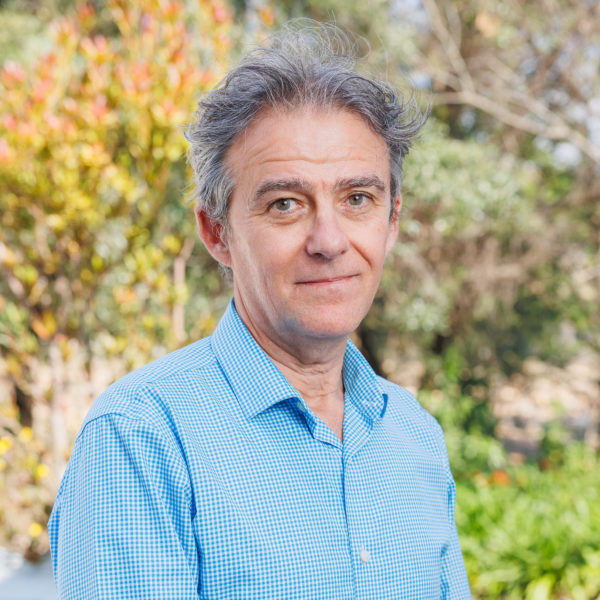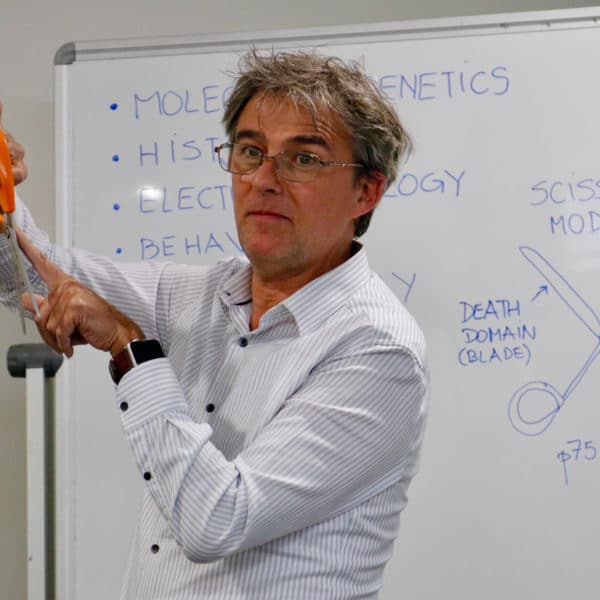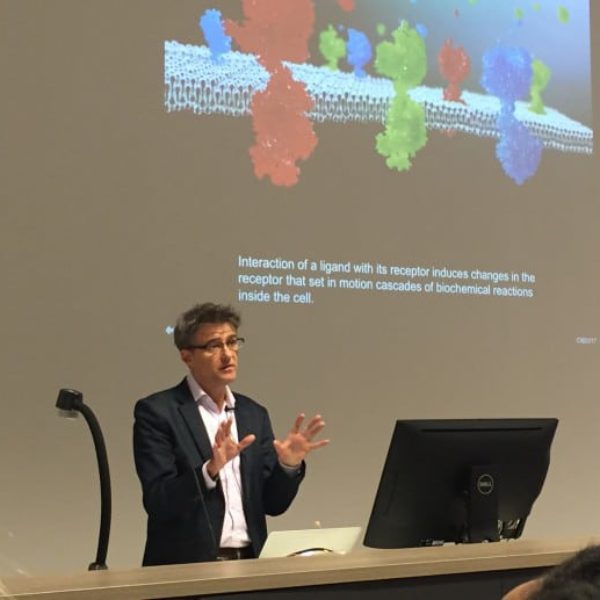Prosperous people live longer and old age carries a high risk of dementia, a condition that is so far neither preventable nor curable. The trend of incidence of Alzheimer’s Disease (AD), the most common form of dementia, is increasing all over the world. When AD is consolidated with other dementias with similar clinical profiles, it covers an estimated 35.6 million people, around 0.5% of the global population. AD is widely thought to be driven by amyloid pathology, in which peptides of amyloid-β are generated in the brain and clump together into plaques. Another form of dementia with similar symptoms, generally known as vascular dementia, is driven by vascular pathology. Vascular dementia is one of the most common causes of dementia after AD, causing around 20-30% of cases. However, unlike AD, the underlying mechanisms are less clear, and there are no licensed treatments for vascular dementia.
Several studies performed in Asian populations have found a high prevalence of cerebrovascular disease in cognitive impaired and AD patients. These and other results suggest that the prevalence of different types of dementias may be region-specific and thus different in different world populations. Few studies to determine the prevalence of dementia have been conducted in sub-Saharan Africa. A systematic review of studies reporting the prevalence of dementia and cognitive impairment among older black Africans in sub-Saharan Africa countries was conducted in 2013 and found prevalence’s varied widely between countries. The predominant factors associated with a higher prevalence of dementia were older age and female sex, and similar associations have been reported globally. There is a paucity of published research on the prevalence of dementia in South Africa.
Research at STIAS will be undertaken to survey published and ongoing dementia research in South Africa, including efforts to assess incidence of different common types, such as AD and cerebrovascular disease, in different ethnical subpopulations. These investigations will be summarized in a report which will include an evaluation of dementia research in South Africa and a plan of action for collaborative research at the basic, translational and clinical levels. A study will also be conducted to specifically review research on cerebrovascular biology and disease world wide, with the aim to produce an article for publication in a leading journal in the field.



